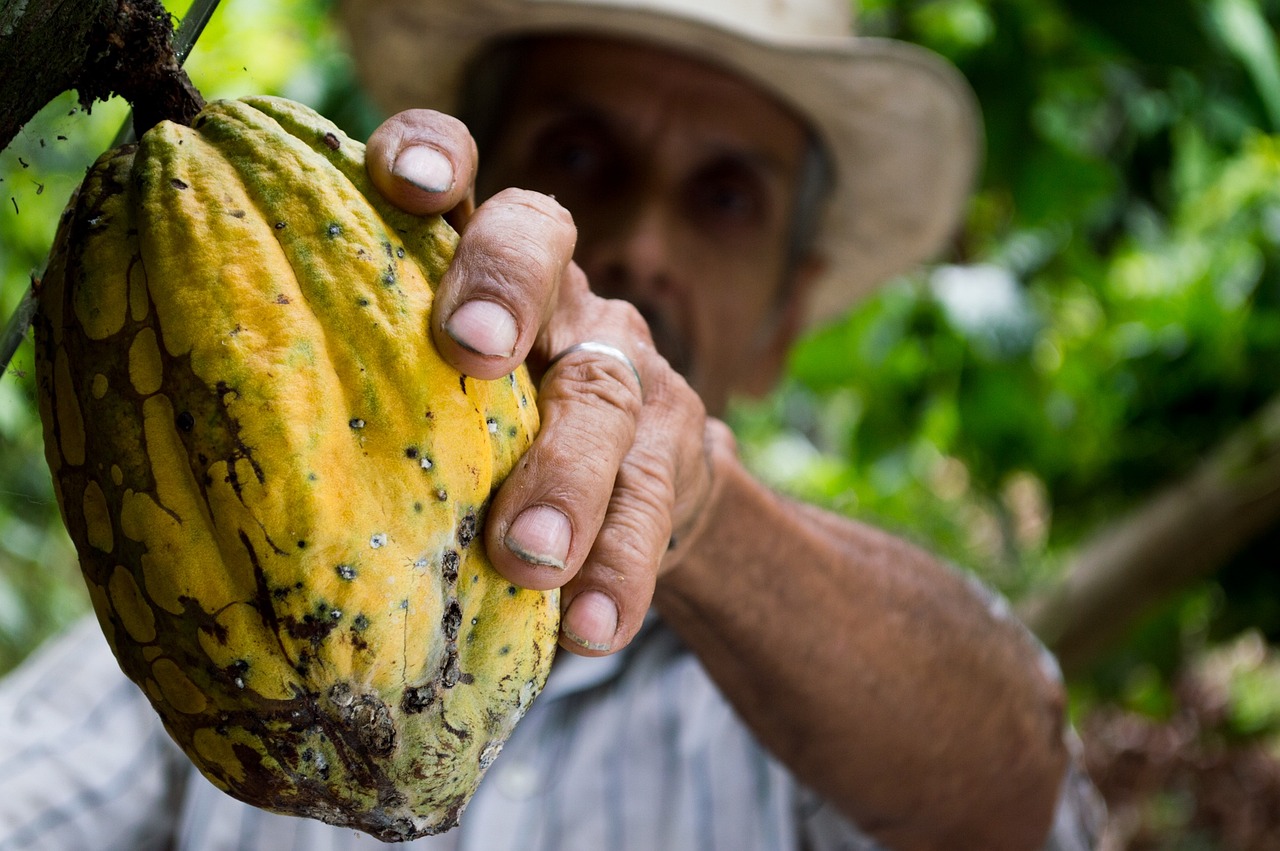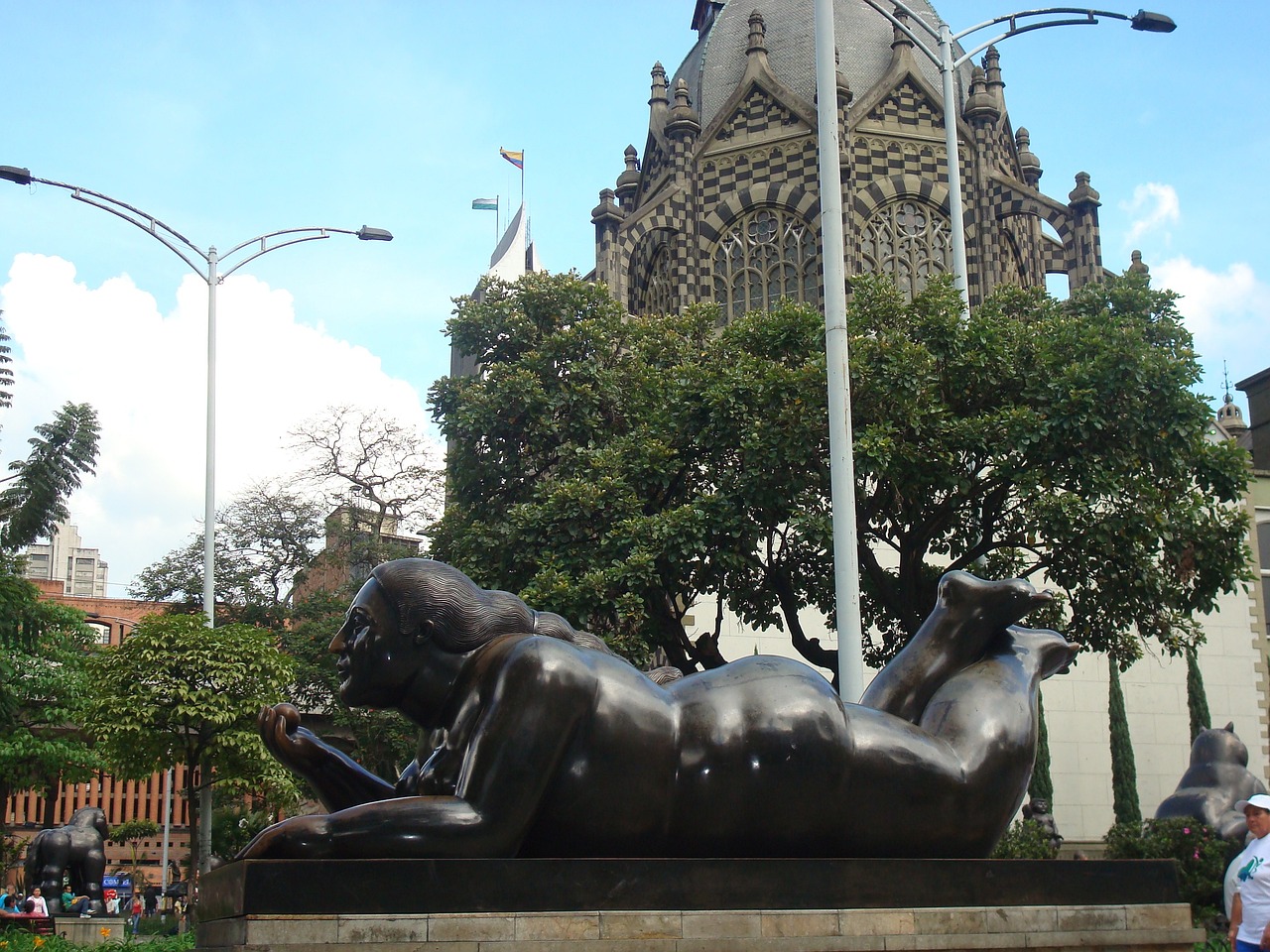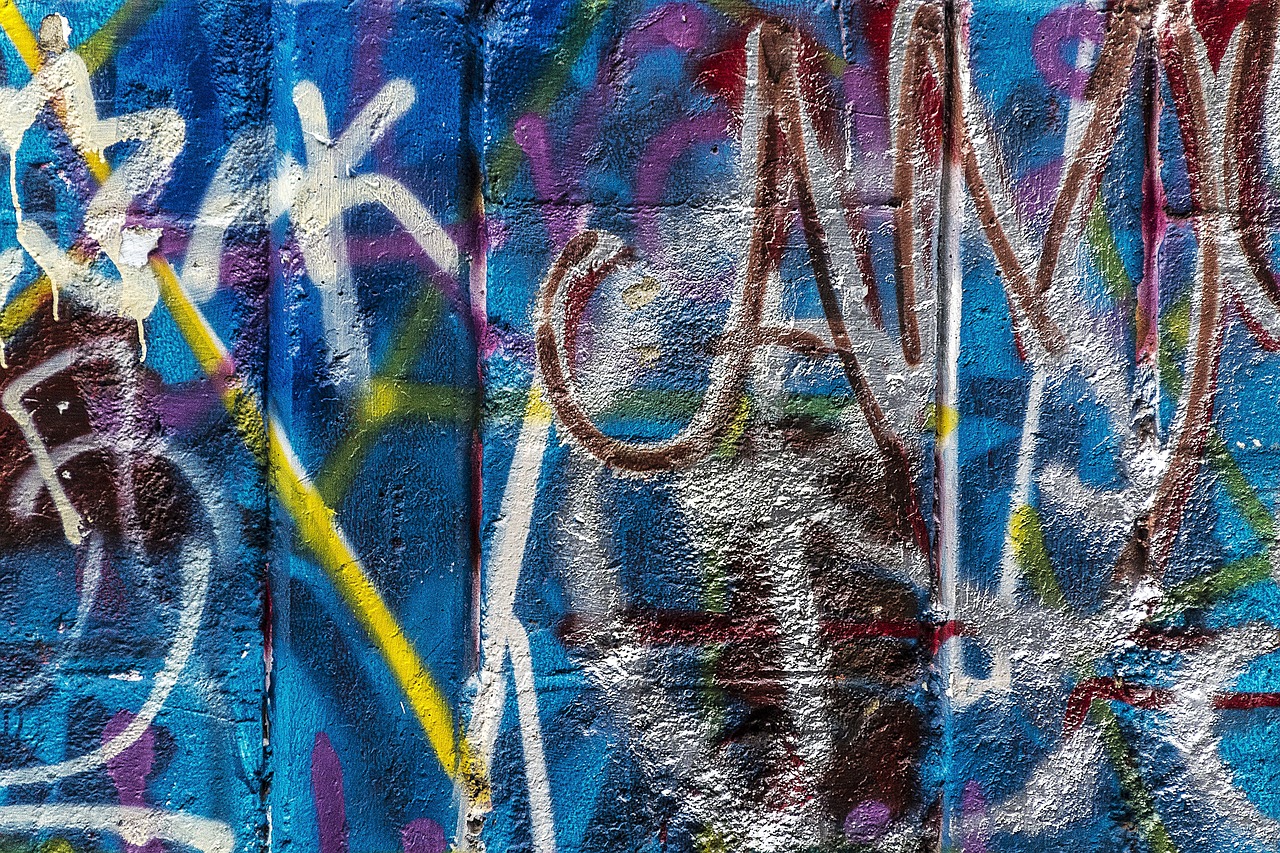Emergency Services: What to Know While in Colombia
Colombia is a vibrant and diverse country located in South America. While exploring the beauty of this nation, it’s important to be aware of the emergency services available to ensure your safety and well-being. This article will provide you with comprehensive information about emergency services in Colombia, including contact numbers, medical facilities, police services, and more.
Emergency Numbers
In case of an emergency, it is crucial to know the contact numbers for immediate assistance. The following numbers should be saved on your phone or kept in a readily accessible place:
- Police: 123
- Ambulance: 125
- Fire Department: 119
- Emergency General: 112
It is advisable to memorize these numbers or keep them easily accessible in case of any unforeseen circumstances.
Medical Facilities
Colombia has a well-developed healthcare system with a range of medical facilities available throughout the country. In case of a medical emergency, it is important to know the nearest hospital or clinic in your vicinity. Some renowned medical facilities in Colombia include:
- Pablo Tobón Uribe Hospital: Located in Medellín, this hospital offers a wide range of medical services and is renowned for its specialized departments.
- Santa Fe Foundation: Situated in Bogotá, this medical institution is known for its exceptional healthcare services and advanced technology.
- San Vicente Fundación: Located in Rionegro, this renowned hospital provides high-quality medical care and is equipped with modern facilities.
It is always recommended to have travel insurance that covers any medical expenses during your stay in Colombia. Additionally, make sure to carry relevant identification and medical documents with you when seeking medical assistance.
Police Services
The Colombian National Police (Policía Nacional de Colombia) is responsible for maintaining law and order throughout the country. They provide security services and respond to emergencies. If you find yourself in need of police assistance, you can contact the local police station or call the emergency number 123.
It is important to note that while Colombia has made significant progress in terms of security, it is always wise to take necessary precautions and be aware of your surroundings. Avoid displaying valuable items openly and be cautious in crowded areas.
Tourist Police
Colombia has a specialized police force known as the Tourist Police (Policía de Turismo). Their primary role is to assist and ensure the safety of tourists. The Tourist Police officers are trained to provide guidance, support, and assistance in various languages. They can be easily identified by their distinctive uniforms.
If you encounter any issues or need help while exploring Colombia, do not hesitate to approach the Tourist Police. They are available in major tourist destinations and can provide valuable information and assistance.
Embassies and Consulates
It is always advisable to know the location of your country’s embassy or consulate while traveling abroad. In Colombia, several embassies and consulates are located in major cities such as Bogotá, Medellín, and Cartagena. They provide consular services, including assistance in case of emergencies, lost passports, or other legal matters.
Contact your country’s embassy or consulate in Colombia to register your presence and obtain relevant information about their services. This will ensure that you have a point of contact in case of any unforeseen circumstances.
Transportation Services
When it comes to transportation in Colombia, it is important to be aware of the emergency services available for various modes of transport. Whether you are using public transportation, taxis, or rideshare services, knowing the emergency protocols is essential.
- Public Transportation: In case of an emergency while using public transportation, inform the driver or a staff member immediately. They will be able to contact the appropriate authorities for assistance.
- Taxis: If you encounter any issues or feel unsafe during a taxi ride, note down the taxi’s identification number and immediately report it to the local authorities or your hotel staff.
- Rideshare Services: Popular rideshare services like Uber and Beat have become prevalent in Colombia. These platforms provide emergency assistance features within their apps, allowing users to contact authorities or share their trip details with trusted contacts.
It is always recommended to prioritize your safety and use licensed and reputable transportation services.
Wilderness and Outdoor Emergencies
Colombia offers breathtaking natural landscapes and opportunities for outdoor activities. However, it is crucial to be prepared for any emergencies that may arise while exploring the wilderness.
- Inform Others: Before embarking on any outdoor adventure, inform someone about your plans, including the expected duration and location. This will help authorities locate you in case of an emergency.
- Carry Essential Supplies: Always carry essential supplies such as a first aid kit, sufficient water, food, and appropriate clothing for the terrain and weather conditions.
- Know the Area: Familiarize yourself with the area you plan to visit and be aware of any potential risks or dangers. Research local regulations and guidelines for outdoor activities.
- Emergency Signals: Learn and understand common emergency signals or distress signals used internationally. This knowledge can be valuable in seeking help when communication is limited.
By following these guidelines and exercising caution, you can safely enjoy Colombia’s stunning natural beauty.
Colombia Image 1:

Emergency Preparedness
While it is always best to avoid emergencies, being prepared can make a significant difference in such situations. Here are some essential tips to enhance your emergency preparedness in Colombia:
- Create an Emergency Plan: Develop a plan with your travel companions or family members, outlining the steps to take in case of emergencies.
- Stay Informed: Keep yourself updated with local news and weather forecasts. This will help you anticipate potential risks and take necessary precautions.
- Carry Important Documents: Make copies of your passport, identification, and other essential documents. Keep the copies separate from the originals and store them securely.
- Learn Basic Phrases: Familiarize yourself with basic Spanish phrases that can help you communicate during emergencies or seek assistance from locals.
- Know the Nearest Safe Location: Identify the nearest safe location, such as a police station, hospital, or embassy, in each area you visit.
By implementing these preparedness measures, you can effectively handle emergencies and ensure your safety during your time in Colombia.
Colombia Image 2:

Conclusion
Exploring Colombia can be an incredible experience, but it is essential to prioritize your safety and be prepared for any emergency situations that may arise. Familiarize yourself with the emergency numbers, medical facilities, police services, and transportation protocols. Additionally, take necessary precautions while enjoying outdoor activities and stay informed about your surroundings. By following these guidelines, you can have a safe and memorable trip to Colombia.
Colombia Image 3:

References
– Colombia Travel: www.colombia.travel
– Ministry of Foreign Affairs of Colombia: www.cancilleria.gov.co
– Colombian National Police: www.policia.gov.co
– Embassy of [Your Country] in Colombia: [Embassy Website]
– Medical Facilities in Colombia: [Relevant Medical Facility Websites]

